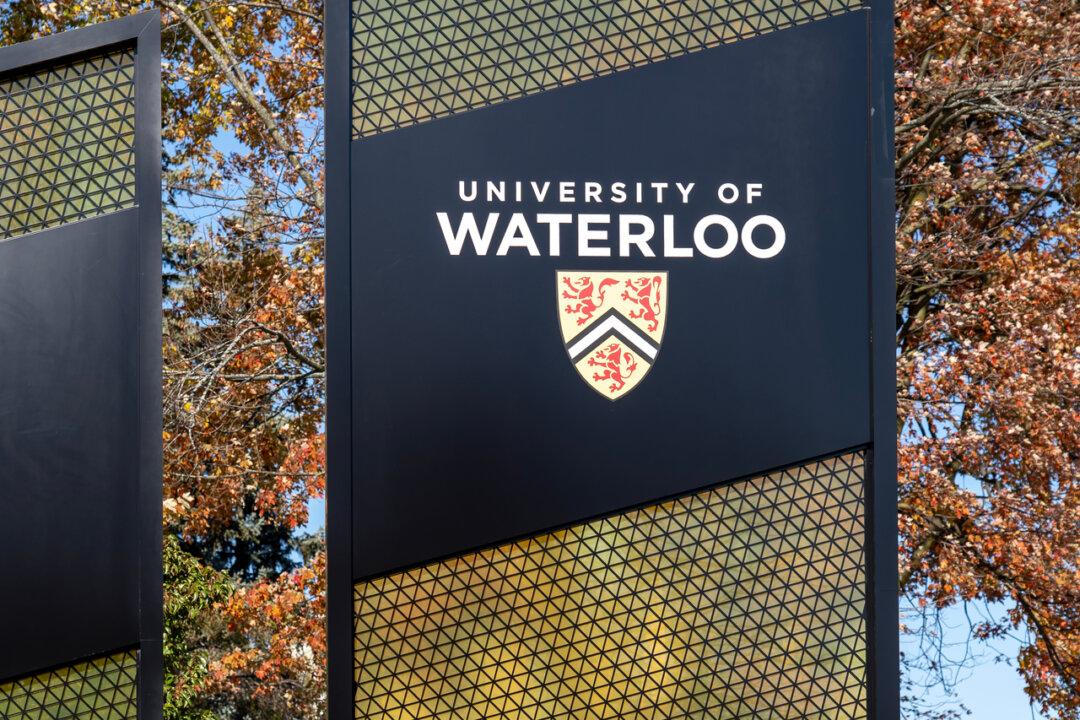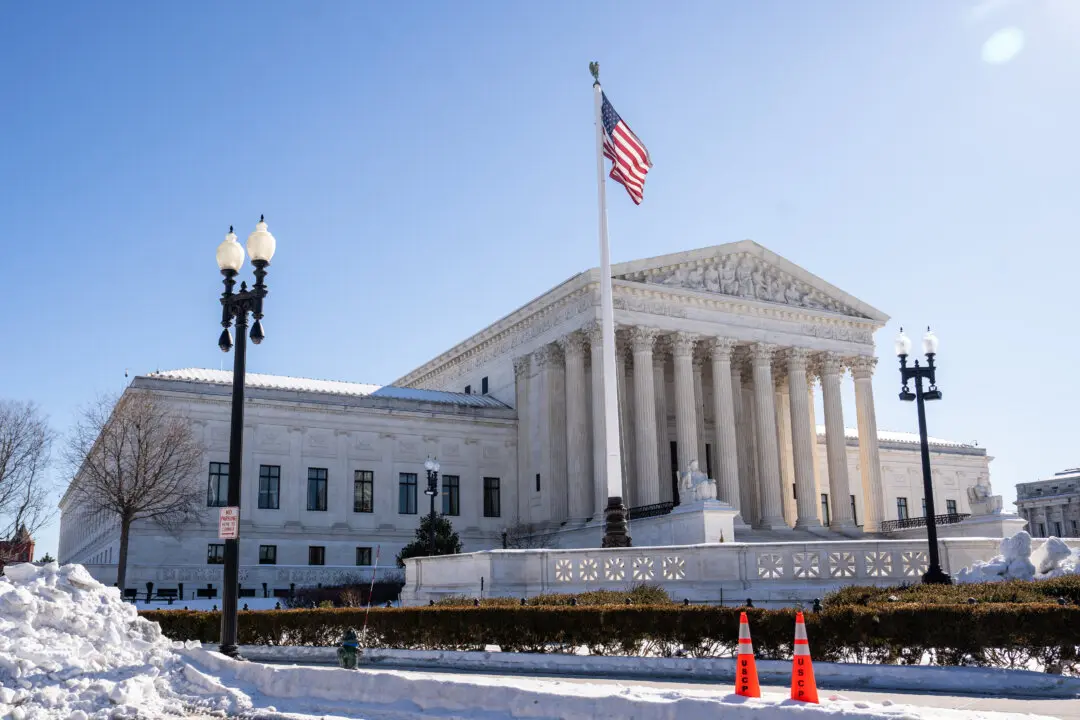A broad definition of “espionage” must be applied to protect Canada’s interests as hostile states use non-conventional tactics, a Federal Court judge ruled in dismissing the application of a Chinese student who wanted to attend a Canadian university.
In a Dec. 22 decision, Chief Justice Paul Crampton ruled that an immigration officer was right in finding Yuekang Li inadmissible to Canada due to espionage concerns.





